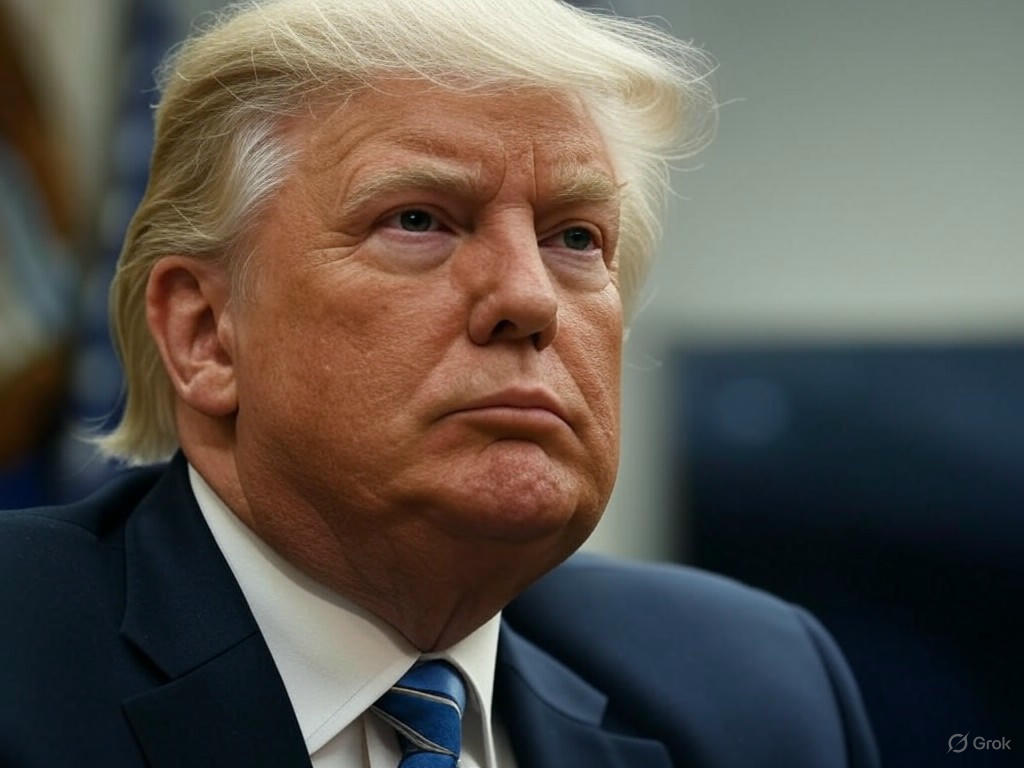Trump’s Controversial Stance: Letting Russia and Ukraine ‘Fight It Out’
In a surprising and provocative statement, former President Donald Trump recently likened the ongoing conflict between Russia and Ukraine to a playground scuffle, suggesting that he might allow the two nations to ‘fight it out’ for a while longer if he were in a position of power. This analogy, comparing a deadly war to children bickering in a park, has sparked intense debate among political analysts, world leaders, and the public alike. Trump’s remarks, made during a recent interview, have raised questions about his approach to international diplomacy and the potential implications for global stability in an already volatile region.
The conflict between Russia and Ukraine, which has raged for years, has caused immense human suffering, displaced millions, and destabilized Eastern Europe. Countless lives have been lost, and the international community has struggled to broker a lasting peace. Against this backdrop, Trump’s casual framing of the war as a minor spat has drawn sharp criticism from those who argue that such rhetoric undermines the gravity of the situation. Critics contend that his comments risk trivializing the profound geopolitical stakes and the urgent need for resolution. Some foreign policy experts worry that this perspective could embolden aggressors and delay critical negotiations, prolonging the suffering of civilians caught in the crossfire.
On the other hand, a small group of Trump’s supporters and isolationist policymakers have interpreted his stance as a call for the United States to step back from international conflicts that do not directly threaten national security. They argue that allowing regional powers to resolve their disputes without heavy U.S. intervention could prevent American overreach and conserve resources for domestic priorities. However, this viewpoint remains contentious, as many believe that disengagement from such a significant conflict could weaken alliances like NATO and embolden adversarial nations to act with impunity. The balance between non-intervention and maintaining global order is a delicate one, and Trump’s offhand remarks have reignited this long-standing debate.
Beyond the immediate reactions, Trump’s statement also prompts broader reflection on the role of language in shaping public perception of war and diplomacy. By reducing a complex, devastating conflict to a childish quarrel, the former president may inadvertently influence how the public views the crisis, potentially desensitizing people to the real human cost. This raises ethical questions about the responsibility of influential figures to choose their words carefully, especially when addressing issues of international importance.
As the war in Ukraine continues to unfold, the world watches closely for any shifts in policy or rhetoric from global leaders. Whether Trump’s comments will have a tangible impact on future diplomatic efforts remains to be seen, but they have undeniably added a new layer of controversy to an already fraught situation. The international community must now grapple with the challenge of addressing this conflict with the seriousness it demands, ensuring that peace remains the ultimate goal, regardless of provocative analogies or political posturing.


